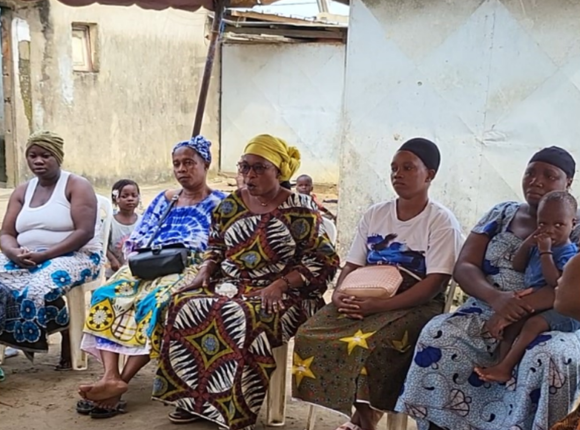
Featured
It Starts in the Community: Improving Newborn Care in Côte d’Ivoire
By Ayoka Cherifath Assogba, Communications Officer, with contributions from Georges Akpo, Community Health Technical Advisor, and Lohoré Kragba Kévin, Community…
Read MoreLearn how MOMENTUM works with partners to improve the overall health and well-being of mothers, children, families, and communities.

By Ayoka Cherifath Assogba, Communications Officer, with contributions from Georges Akpo, Community Health Technical Advisor, and Lohoré Kragba Kévin, Community…
Read MoreYour privacy and security are very important to us. Please be aware that MOMENTUM Knowledge Accelerator does not collect personal information when you visit our website, unless you choose to provide that information. However, we do collect some technical information about your visit. Read our Privacy Policy.
The MOMENTUM newsletter brings you the latest insights and resources on maternal, newborn, and child health.
You can unsubscribe at any time.